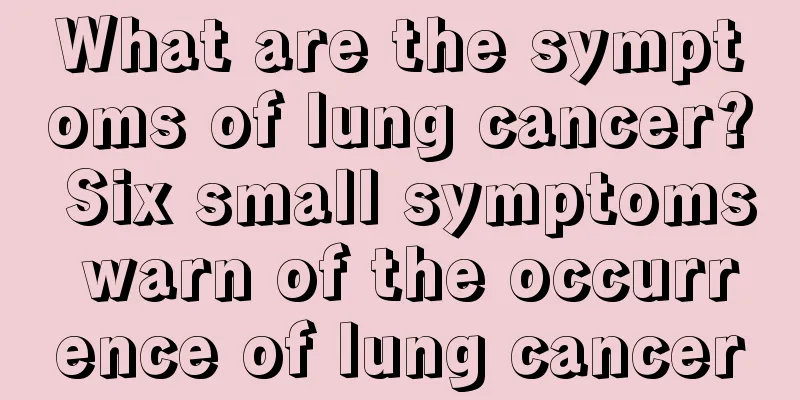Commonly used examination methods for nasopharyngeal carcinoma

|
Understanding the commonly used examination methods for NPC can help with early diagnosis and treatment of NPC. The following four are the most commonly used examination tools. Anterior rhinoscopy After the nasal mucosa is retracted, the posterior nostril and nasopharynx can be viewed through the anterior rhinoscope, and cancerous tumors invading or adjacent to the nostrils can be found. This is one of the common methods for examining nasopharyngeal carcinoma. Fiberoptic nasopharyngoscopy The operation steps are: first use 1% ephedrine solution to astringe the nasal mucosa and dilate the nasal passages, then use 1% dicaine solution to perform surface anesthesia on the nasal passages, and then insert the fiberscope into the nasal cavity, slowly push it forward while observing, until it reaches the nasopharyngeal cavity. This examination method is simple, but the observation results of the posterior nasal cavity and the anterior wall of the nasal cavity are not satisfactory. Nasopharyngeal endoscopy When examining for nasopharyngeal carcinoma, the walls of the nasopharynx should be examined in turn, with attention paid to the posterior wall of the nasopharyngeal roof and the pharyngeal recesses on both sides. Both sides should be compared and observed to maintain symmetry. Attention should be paid to any asymmetrical submucosal protrusions or solitary nodules on both sides. Neck biopsy Patients who have not been diagnosed by nasopharyngeal biopsy can undergo neck mass biopsy. It is usually performed under local anesthesia. The first hard lymph node to appear should be selected, and the entire capsule should be removed. If excisional biopsy is difficult, a wedge-shaped incision can be made at the mass to take the biopsy. When cutting the tissue, a certain depth should be maintained, and squeezing the wound should not be avoided. After the operation, the wound should not be sutured too tightly. |
<<: Differences between chronic rhinitis, sinusitis and nasopharyngeal carcinoma headaches
>>: Two small ways to use kiwi fruit to prevent and treat nasopharyngeal cancer
Recommend
Is glutinous rice a coarse grain?
Now that people's living standards have impro...
What is the white thing inside an orange
Many people like to eat oranges. When eating oran...
Experts: Low-fiber diet is one of the causes of colorectal cancer
Studies have shown that the causes of colorectal ...
How to take azithromycin
Azithromycin should be a medicine that every fami...
Can perianal abscess be treated without surgery?
Many patients are confused about whether perianal...
How to ripen kiwi fruit
Usually, if the kiwi fruit we buy is relatively h...
Conventional methods of rectal cancer care
Since the cause of rectal cancer is not completel...
Is it good for children to eat chestnuts?
It is fine for children to eat some chestnuts app...
Disadvantages of contact lenses
Many people suffer from myopia. Most traditional ...
How is Korean crystal made
As we know, Korean crystal is actually a very pop...
How to eat Cistanche deserticola nutritiously
Cistanche is a relatively precious Chinese medici...
Can sodium bicarbonate be used to wash the vulva?
In fact, sodium bicarbonate is widely used in dai...
Nursing measures for patients with endometrial cancer undergoing chemotherapy
We all know that there are many diseases that thr...
What are the treatment methods of lung cancer in traditional Chinese medicine? Detailed description of the traditional Chinese medicine treatment methods for lung cancer
Traditional Chinese medicine also has some treatm...
Does nosebleed often recur after four years of chemotherapy for early nasopharyngeal carcinoma?
Does nosebleed recurrence often occur after four ...









